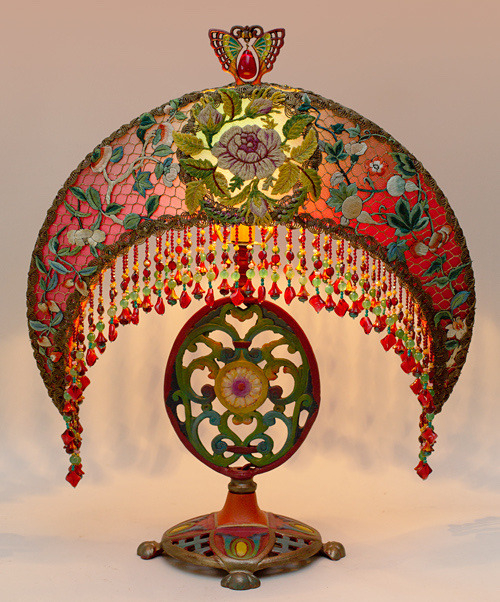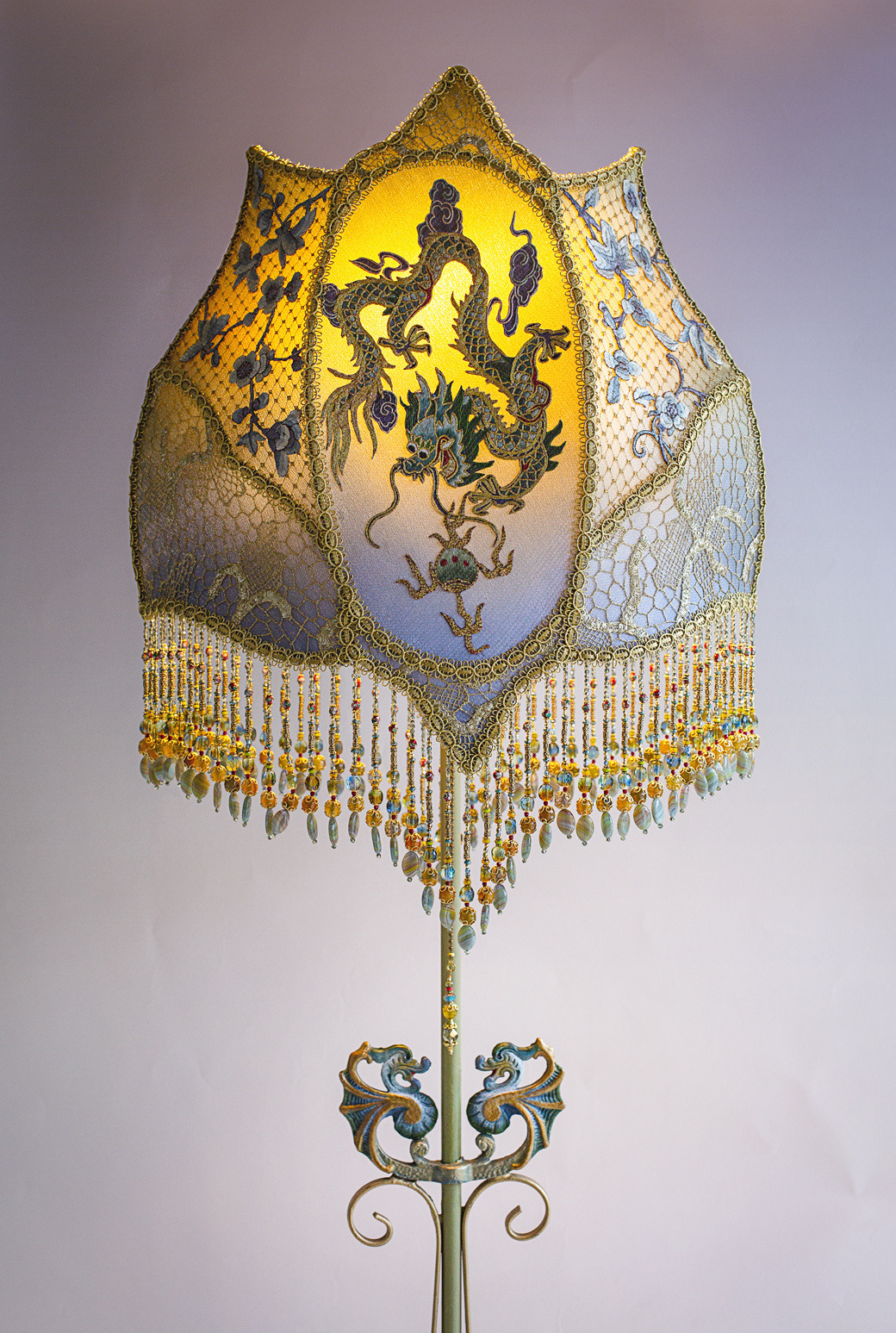Sammy Davis Jr.: Civil Rights Activist and Natural Born Entertainer By Susan King
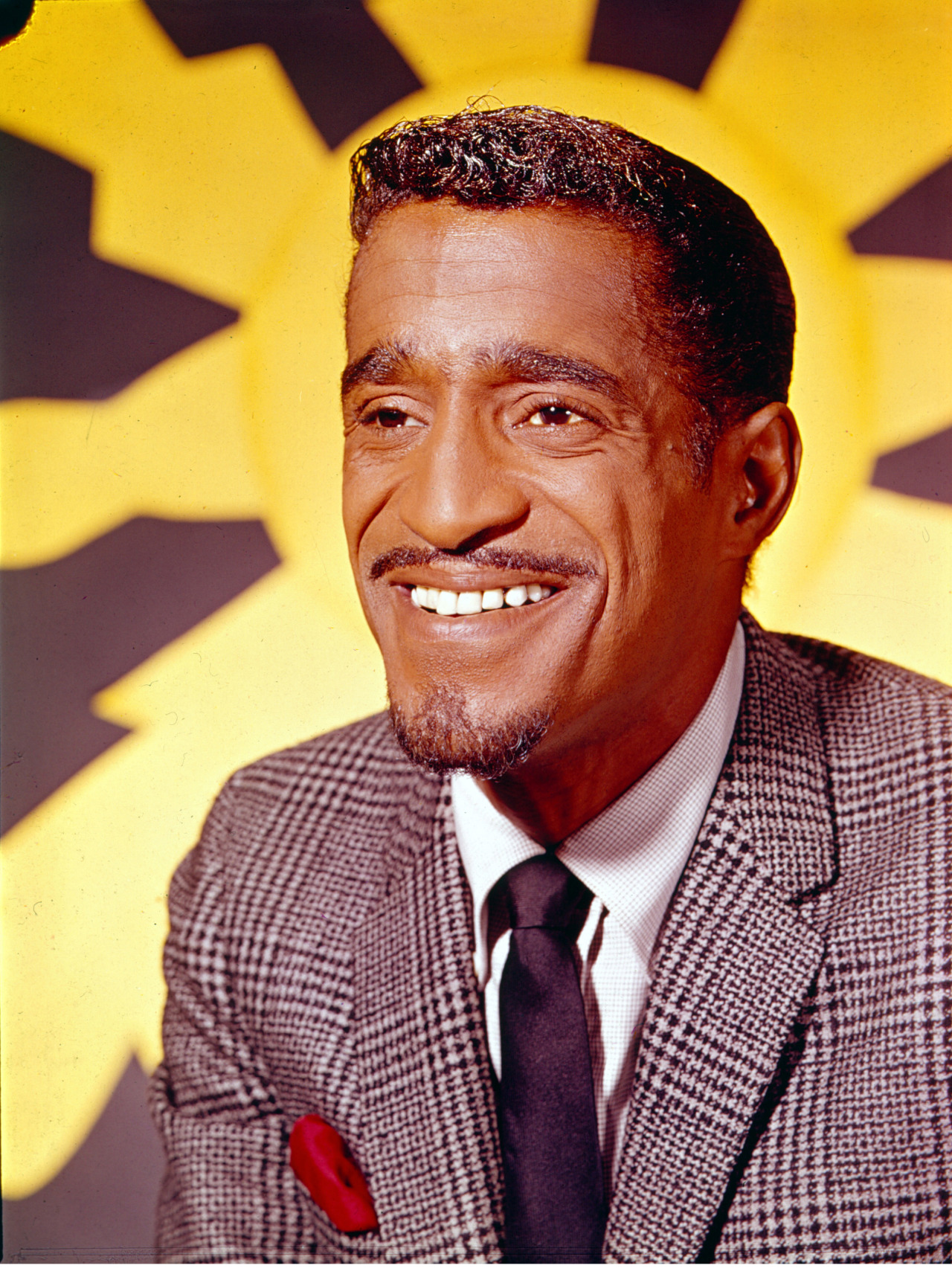
Sammy Davis Jr. was an exceptional talent. He could sing (you’ll get chills up your spine listening to his recording of “I Gotta Be Me”), dance, act and lest we forget, he was a member of the Rat Pack. He and Harry Belafonte made history in 1956 when they became the first African Americans to earn Emmy nominations.
But most people forget Davis was also very involved in the fight for civil rights in the 1950s and ‘60s. In January 1961, he joined Rat Packers Frank Sinatra and Dean Martin, as well as Harry Belafonte, Mahalia Jackson and Tony Bennett, for the Carnegie Hall benefit concert Tribute to Martin Luther King. He also performed at the Freedom Rally in Los Angeles that year and at the March on Montgomery in 1965.
The Rev. Dr. Martin Luther King Jr. even wrote Davis a thank you note: “Not very long ago, it was customary for Negro artists to hold themselves aloof from the struggle for equality… Today, greats like Harry Belafonte, Sidney Poitier, Mahalia Jackson and yourself, of course, are not content to merely identify with the struggle. They actively participate in it, as artists and as citizens, adding the weight of their enormous prestige and thus helping to move the struggle forward.”
In 1968, Davis received the prestigious Spingarn Medal from the NAACP for his 1965 autobiography Yes, I Can. Nevertheless, considering his work for the late Dr. King, Davis shocked the world in 1972 when he supported Richard Nixon, who had a poor track record when it came to civil rights and would refer to African Americans in derogatory terms behind closed doors. But there was Davis, attending the opening night of the Republican convention in Miami Beach and then performing a concert for Republican youth. And it was during the concert that he hugged Nixon.
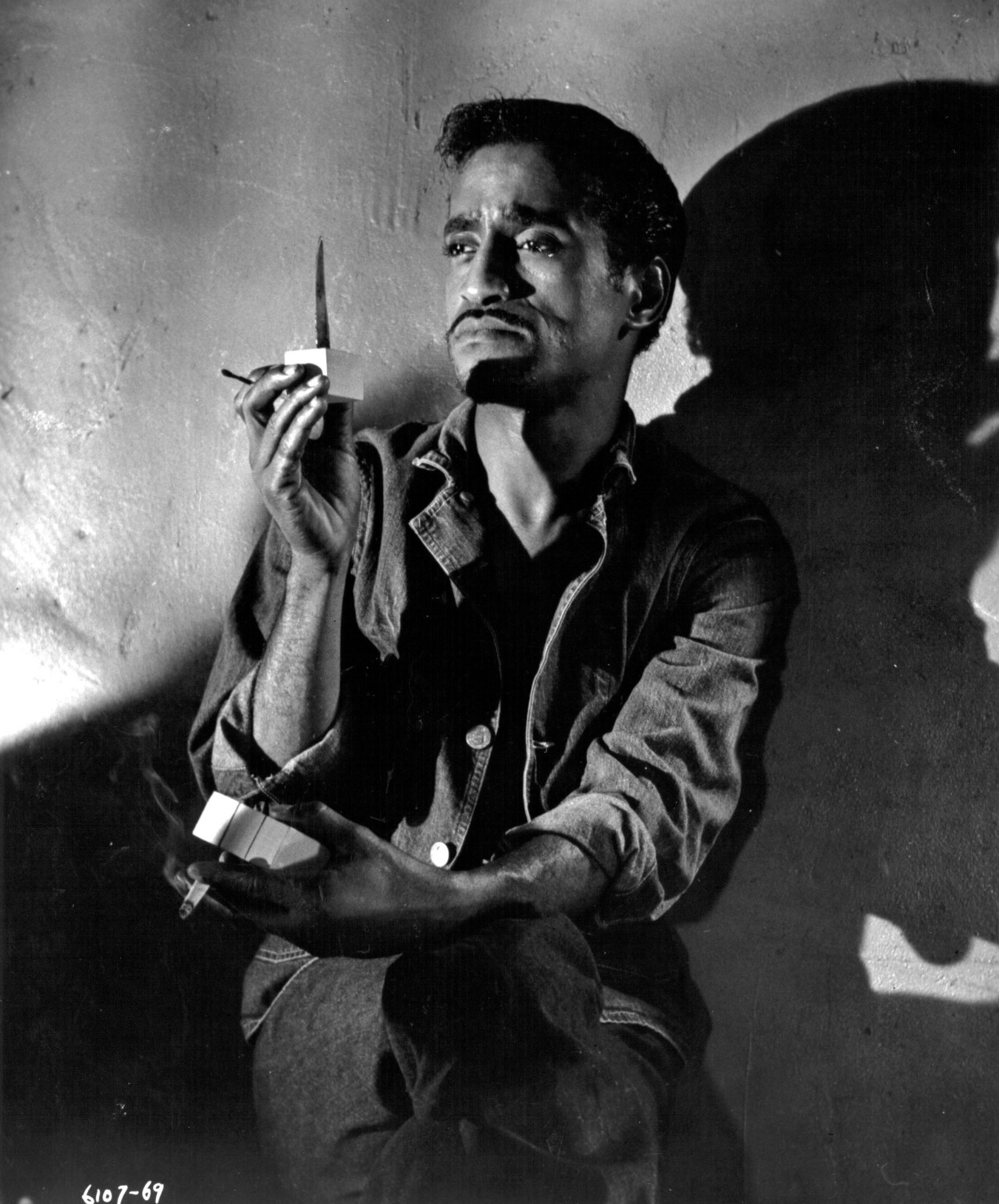
The backlash in the African American community was loud and strong. Wil Haywood stated in his biography In Black and White: The Life of Sammy Davis, Jr., “Sammy failed to understand Blacks’ distrust of Nixon’s ultraconservative views. The hug at the Republican National Convention, in the glare of the nation’s spotlight, seemed too to minstrelsy.“
Davis later said: “By their definition I had let them down. In their minds there were certain things I could do, certain rules I could break. I married a white woman and I hardly got any heat. But by going with a Republican president I had broken faith with my people.”
In a 1976 Ebony interview, Davis reflected that working with Nixon was not a betrayal to African Americans but a way to help Black citizens. “When my wife, Altovise, and I were invited to the White House after the November elections, I repeated [my recommendations],” he noted. “We started to rap, and he asks, ‘What can I do?’ Come on Sam, tell me what I can do.’ So, I laid it down again.”
He told Nixon that the funds cut from anti-poverty programs needed to be reinstated and that Martin Luther King’s birthday should be made a national holiday. But he soon realized Nixon wasn’t listening to him. He regretted supporting Nixon.
Davis was born in Harlem on December 8, 1925 to vaudevillians Sammy Davis Sr. and Elvera Sanchez, who was of Afro-Cuban descent. The couple separated in 1928, and Sammy Jr. lived with his father and his grandmother, Mama. He was just three when he joined the Will Mastin Trio with his father and Mastin. Davis never went to school. In a 2014 Los Angeles Times interview, his daughter Tracey Davis recalled her father telling her, “What have I got? No looks, no money, no education. Just talent.”

As a youngster, he appeared in short films, including Rufus Jones for President (’33). He toured with the Mastin Trio until he was drafted into the Army during World War II, where he suffered so much abuse from white soldiers that his nose was broken three times. “How did he make it and so many others not make it?,” Tracey Davis reflected. “He had talent. But what he went through would have killed a lot of people or make them bitter or just messed with your life so bad you couldn’t get over it.”
In 1954, Davis survived a car crash on his way home to Los Angeles after performing in Vegas. He lost an eye. He wore an eye-patch for six months and then was fitted with a glass eye. Two years later, he opened on Broadway in the musical Mr. Wonderful.
It was announced in August 2020 that a film is in pre-production about the ill-fated relationship in 1957 between Davis and Kim Novak. The relationship was quashed, as it would have killed Novak’s career and supposedly, it quite literally would have killed Davis – a hit was allegedly put out on his life. To keep the heat off of him, Davis was briefly married in 1958 to dancer Loray White.
In 1960, Davis married striking Swedish actress Mai Britt. According to Tracey Davis, her mother, who had appeared THE YOUNG LIONS (‘58) and THE BLUE ANGEL (‘59), was dropped by 20th Century-Fox because of her marriage. Tracey said her parents “didn’t regret being together. My mom loved my dad like crazy and my dad loved my mother. My mother was so lucky because her parents didn’t care.” Though they divorced in 1968, she said they never fell out of love. Before his death of cancer in 1990 at the age of 64, Davis told his daughter why they broke up: “I just couldn’t be what she wanted me to be. A family man. My performance schedule was rigorous.”

Tracey said that her dad and Sinatra were great friends offstage. “He was like a good cushion for dad.” And, if Davis ran into trouble due to his race, Sinatra was there to fight the good fight for his friend. “He’d say, ‘Oh, Sammy can’t come in here? Then I’m not coming in.’ I think it gave my dad such comfort knowing he had this big brother out there that would go to the mat for him.” Davis, who was a chain smoker and was rarely seen without a glass of vermouth, had a falling out with Sinatra in the early 1970s, because the performer was using drugs. “Frank was mad he was squandering himself, doing stupid things. He let dad know about it and dad was kind of well, I don’t care.’’ Eventually, Davis did care and apologized to the Chairman of the Board.
Being a member of the Rat Pack gave Davis a certain visibility, especially in the films they made together, including OCEAN’S 11 (‘60) and ROBIN AND THE 7 HOODS (‘64), but all of the actors were just having a good time on screen. These vehicles didn’t show Davis’s strength as a dramatic actor. But occasionally, he got the opportunity, such as in ANNA LUCASTA (‘58) opposite Eartha Kitt, CONVICTS 4 (‘62) and A MAN CALLED ADAM (‘66). And in 1964, he returned to the Broadway stage in the Charles Strouse-Lee Adams musical Golden Boy, for which he earned a Tony nomination.
“He was very representative of a time and place,” said Strouse in a 2003 L.A. Times interview. “He was created from a lot of forces, like the Earth coming in and ‘whoop,’ here comes Sammy Davis. He was brilliant along with everything else. He was the biggest star of the day and in the theater, he had no peer. We sold out all the time.”
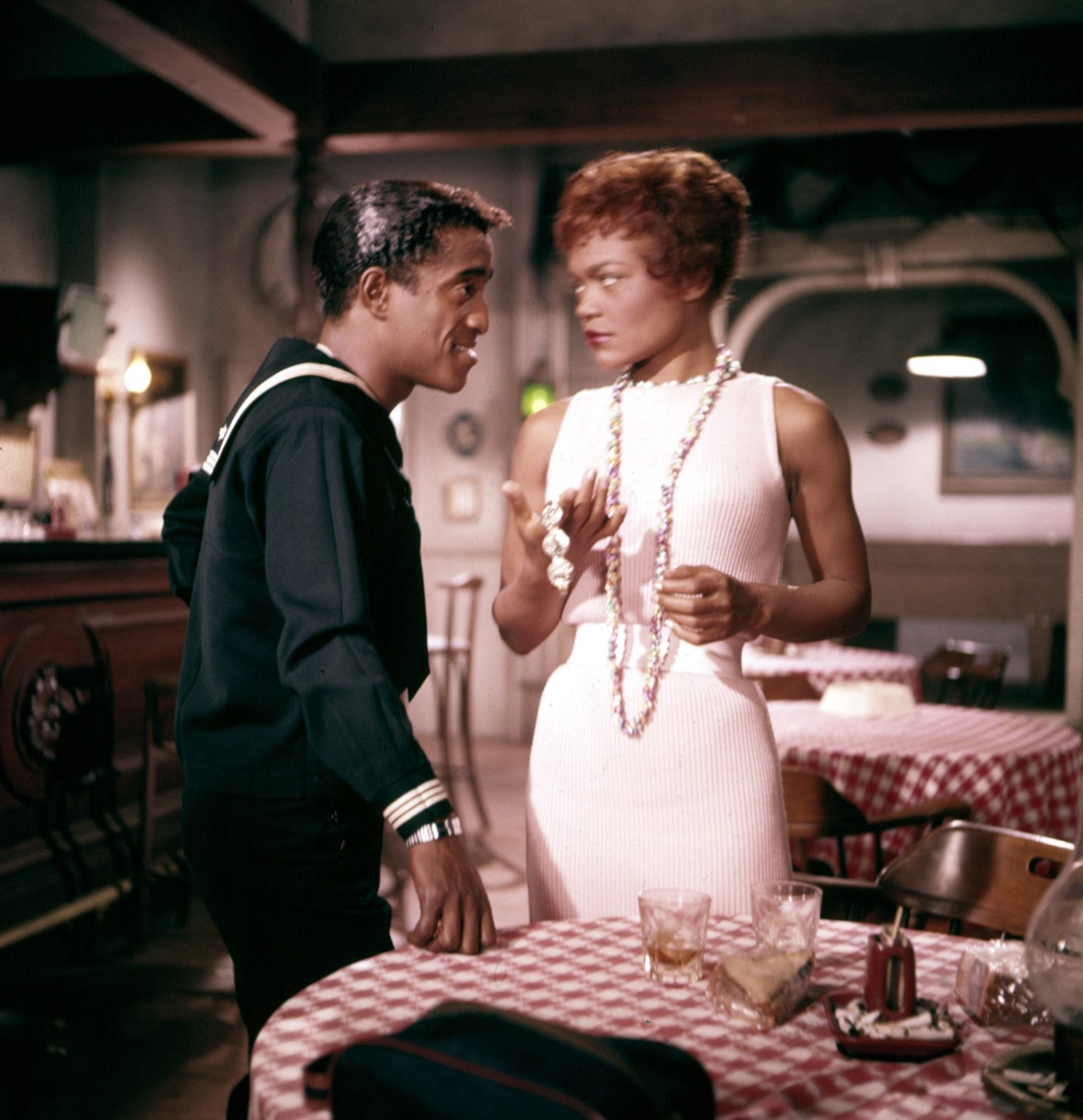
But Davis also missed a lot of performances of Golden Boy. “He got himself very tired or perhaps depressed or nervous,” reflected Stouse, adding that Davis stretched himself thin “the way lemmings go to the edge of the cliff and then they go off. He didn’t go off, but he was always on the end of the cliff. He was very driven and yet very mild-mannered and almost submissive to Sinatra. He had to be loved. He wouldn’t get off the stage.”
As he got older, Davis stopped wearing flashy clothes and jewelry and got back to basics as a singer and performer. And, he is the best thing about his last film, TAP (‘89), with Gregory Hines. Their tap dance will make your heart beat a bit faster. Tracey Davis said though her father was “incredibly driven,” he had a “huge heart, a zest for life. He had more energy than anyone I had known.”


 mothermishy
mothermishy
